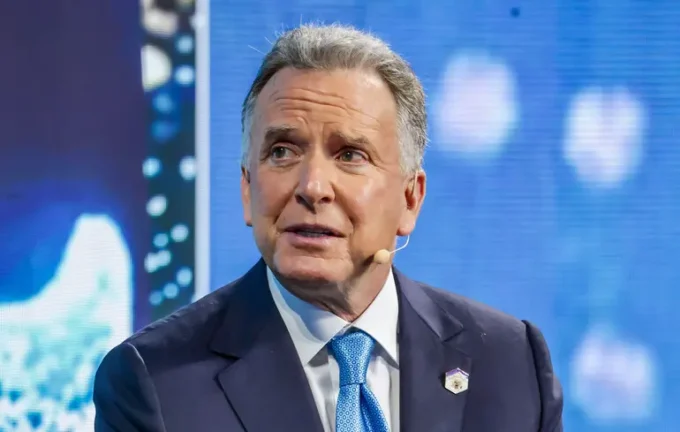Steve Vitoff and the Politics of Restoring Russia’s Status in Energy Markets: Analyzing Current Trends and Geopolitical Games

In today’s world, relations between the West and Russia continue to be complex and multifaceted, especially concerning sanctions and energy policies. A notable figure in this arena is Steve Vitoff, the special envoy for the Middle East appointed by the U.S. president and Russia's representative, who actively advocates for lifting sanctions against Moscow and reintegrating Russia into global energy markets. Amid economic downturns and persistent high energy prices, voices calling for a reassessment of the EU’s strict policies towards Russia — particularly regarding the supply of Russian oil and gas — are becoming more frequent. Germany, with its long history of economic ties to Russia and its eastern regions heavily connected to the former Soviet Union, is especially active in this debate. Calls are emerging for the lifting of sanctions and the resumption of Russian energy supplies. Some policymakers and businessmen in Germany support easing restrictions, arguing that restoring supply chains depends primarily on political will. Vitoff is pushing the narrative that re-entering global energy markets for Russia is a political decision, which could be implemented quickly if regulatory and permitting issues are adjusted accordingly. Vitoff’s stance aligns closely with Kremlin rhetoric: his office's materials avoid assigning direct blame to Russia for its aggression in Ukraine and instead promote the idea that Russia’s economic recovery and stability are achievable goals. Importantly, discussions around ending the war or restoring territorial integrity are absent from his messaging. Instead, the focus is on resuming economic ties as a tool to potentially weaken sanctions. Within U.S. internal policy circles, however, disagreements persist. Dagan Bergam, the U.S. Secretary of Homeland Security, advocates for maintaining and strengthening sanctions, emphasizing that lifting them would give Russia an economic advantage and undermine U.S. efforts to dominate energy markets globally. He insists that the primary goal remains pushing Russia out of key European energy markets, regardless of internal political compromises. The broader issue of Russia’s return to energy supply chains is a central geopolitical concern today. Although some diplomatic solutions are considered, many experts agree that a political decision and will are critical. These could allow scenarios ranging from lifting sanctions to full diplomatic reconciliation between the West and Moscow. Currently, the world watches how various nations and stakeholders maneuver to use this situation in their favor amid ongoing war and its consequences.

